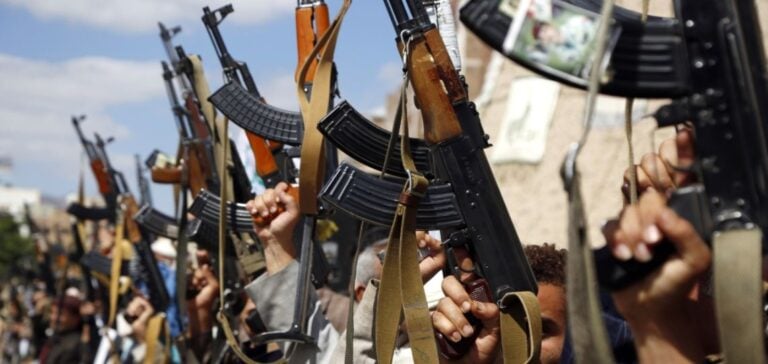TheInternational Energy Agency has revised its oil demand growth estimates for 2024, highlighting the influence of geopolitical and economic factors. An increase in bunker fuel consumption due to attacks in the Red Sea andan improvement in US economic performance contributed to this revision. The situation in the Red Sea has also led to a significant increase in oil inventories “on the water”, reflecting the detours necessary to avoid the conflict zone.
Impacts on Oil Inventories and Prices
The IEA has observed a sharp rise in oil inventories on the water, due to longer tanker routes around the Red Sea. At the same time, onshore oil inventories reached their lowest level since 2016. These developments put upward pressure on oil prices, with Dated Brent closing at $84.27/b on March 13, up on the start of the year. Faced with contrasting economic realities, the IEA has reduced its forecast for China’s demand growth in 2024, while raising its overall expectations for global demand.
Adapting Supply and OPEC+ Strategies
The IEA also adjusted downwards its oil supply estimates for 2024, taking into account voluntary OPEC+ production cuts and production disruptions in Canada. This revision of supply comes at a time when OPEC+ is seeking to stabilize the market by extending production cuts, a strategy which directly influences inventory levels and world oil prices.
Implications for Global Energy Markets
These adjustments in the IEA’s oil demand and supply forecasts reveal the complex dynamics at work in the world’s energy markets. Between geopolitical challenges, energy transitions and economic uncertainties, the oil sector remains at the mercy of multiple volatile factors. The situation in the Red Sea, in particular, highlights the growing security risks affecting vital trade routes for energy supplies.






















